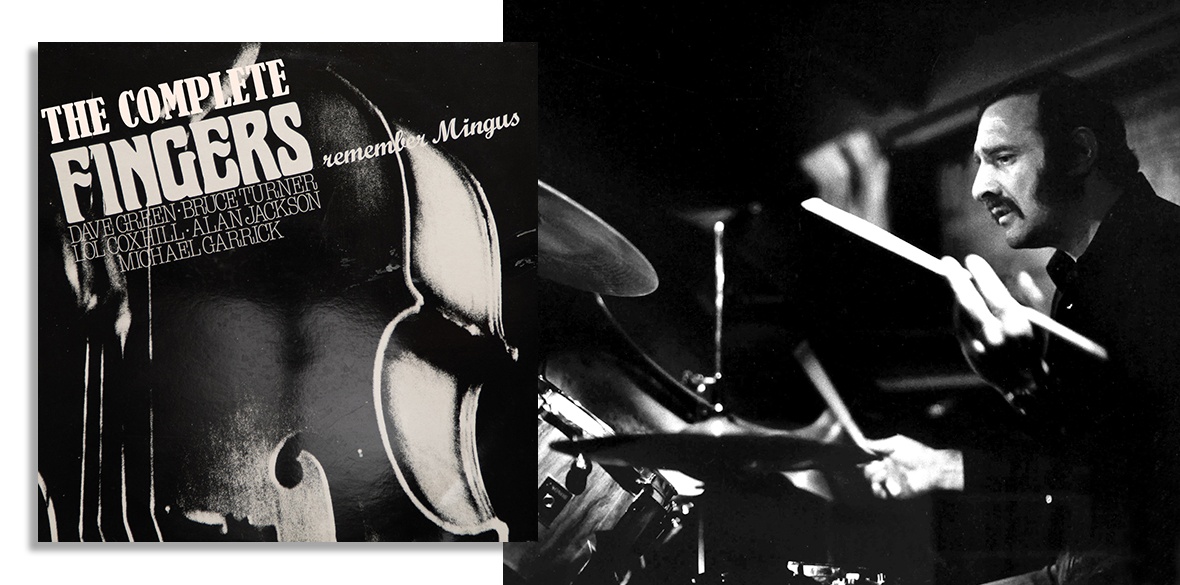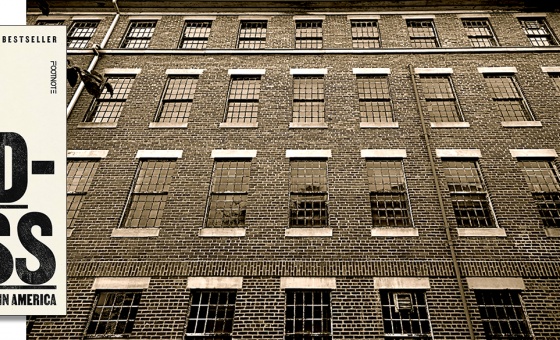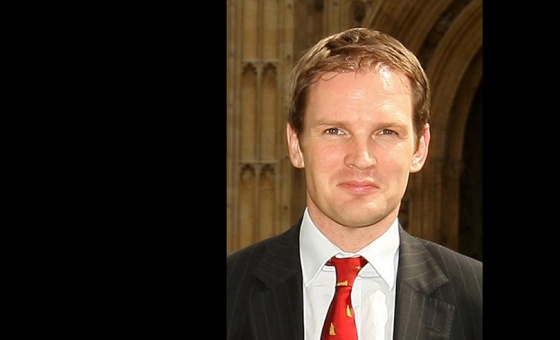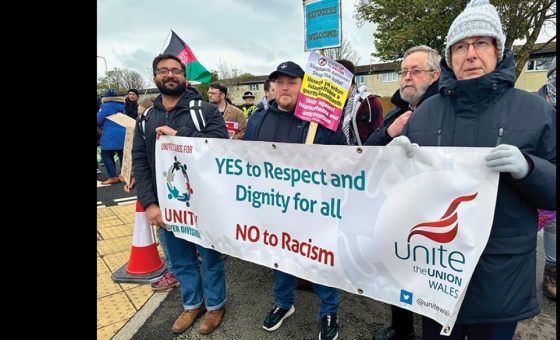This is the last article you can read this month
You can read more article this month
You can read more articles this month
Sorry your limit is up for this month
Reset on:
Please help support the Morning Star by subscribing here
FINGERS was a quintet with a powerful personnel, a revolutionary jazz intention and a sound which was a surprising and riveting amalgam of heterogeneous styles and traditions.
When they recorded their limited edition album in 1979, they created a timbre previously unknown in British jazz. Pianist Michael Garrick, bassist Dave Green and drummer Alan Jackson were a regular trio, but Fingers’ two horn players were musical eccentrics who between them, could play just about anything.
Clarinettist and alto saxophonist Bruce Turner had played in the Dixieland band of Freddy Randall and been tutored in New York by arch-modernist Lee Konitz. When he joined the Humphrey Lyttelton Band in 1953, despite being caricatured as a “Dirty Bopper” by the jazz tribalists of the era, he adapted to Humph’s Kansas City style, playing empathetically alongside visiting US Basie-ites like trumpeter Buck Clayton and tenorist Buddy Tate, as well as forming his own jump band. He wrote regularly on jazz for the Daily Worker, the Morning Star’s predecessor, and accompanied folk singers Ewan McColl and Peggy Seeger.
Just listen to the lucid beauty of his clarinet chorus on McColl’s Dirty Old Town.
Coxhill was an entirely free musician with a huge wit who could also blow beautiful balladry. I heard him dozens of times through the ’70s, busking and improvising on the Embankment or Waterloo Bridge with his soprano sax, sparking the joy of clusters of pigeons and seagulls.
Listening to the rehearsal tapes of Fingers, the musicians’ humour, warmth and musicianship is always evident. “Nobody’s going to buy the record anyway!” says someone, and they all laugh.
Fingers’ survivors are Green and Jackson. I asked the latter about his early life and his part in Fingers. “I was born in Chislehurst, south London, in 1940. My dad was in the army. He was a good boxer and played in a giant banjo band (about a hundred of them), and when he was demobbed he worked as a factory worker and salesman. He died at 42, so Mum brought up five of us, four boys and a girl, while working in the East End rag trade.
“We used to listen to the radio. I played snare drum in the Boys Brigade band with two of my brothers playing bugle and snare drum. I was pretty bad at it.”
As a teenager he liked trad jazz and the blues. “I didn’t really go for pop music. My brother Ken loved jazz and had books on it. He must have influenced me. We used to go to a Woolwich pub on Sunday nights and hear all the English trad bands. I enjoyed Ken Colyer’s band the most because drummer Colin Bowden used to play great press roll-style drums. I learned later that they were a clone of New Orleans bands.
“When I left school I did a five year apprenticeship in Graphic Design: £3.50 a week! I worked as a visualiser for a few years, but the drums and jazz took me over. Sometime later I joined the Mike Westbrook Band. Mike and John Surman came to London from Plymouth in the early ’60s and started rehearsing a band. It was a mixture of Westbrook, Ellington and punk jazz. A lot of characters in that band, we had a real fun time, then started gigging around, mostly in London and the West Country. Surman was the star of the band then. I remember we could all play totally free of having to play in any particular style. I’m proud to say that I still have that in me.
“I joined Humph for two years and met Bruce Turner. I was already playing with Mike Garrick and Dave Green. Bruce was a great natural musician, and very funny. He could play in any style — from Johnny Hodges to Charlie Parker and beyond. A genius! It was an honour to share the stage with him. A real pleasant guy.
“As for Lol, he was a one-off and always original. They both got on really well in Fingers, and both did their bit to adapt a bit — especially Bruce as he’d never played free before. I had reservations before the rehearsal, even though I enjoyed playing with both of them. But after about 15 minutes Bruce relaxed into being a free player. Not many musicians of his background could have done that.
Bruce died on November 28, 1993, and his funeral was held on December 2. The day before, Garrick, Green and Jackson had broadcast Goodbye, Dad from the Pebble Mill Studios, Birmingham. Bruce of course, called everyone “dad.” It’s the final heartwrenching track of The Complete Fingers. Jackson told me: “I do remember having a slight cry when we broadcast and recorded Goodbye, Dad. It was a group feeling and it certainly moved me.”
The triple CD is like nothing else in the century of British jazz, and the five musicians play with great innovation and brotherliness. Garrick plays freer than I have ever heard him and Green and Jackson break out with a sense of release and freedom as if they have been waiting for these moments all their lives.
As for the two brilliantly delinquent hornmen, they seize the opportunity for a journey of musical discovery which is both rare and brave. For much of the music their sounds bond with so much togetherness that it is difficult to discern who is soloing, Bruce or Lol, and so difficult to tell them apart. How they would have loved to know that these sessions, in all their fullness, are now there for all of us.
The Complete Fingers is released by Jazz in Britain Records











